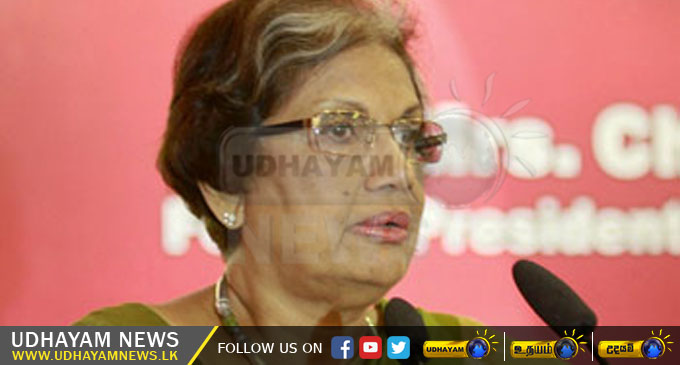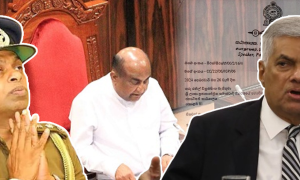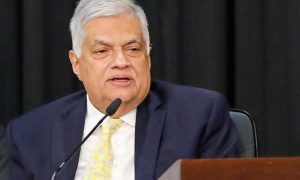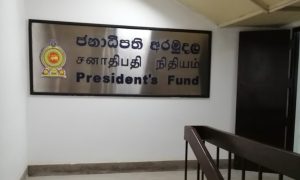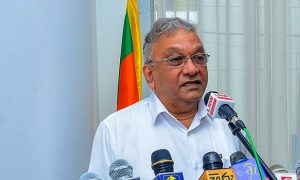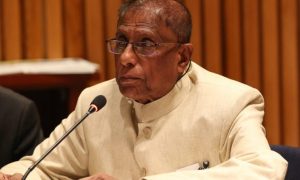(UDHAYAM, DHAKA) – Former Sri Lankan President Chandrika Bandarnaike Kumaratunga has slammed the South Asian Association for Regional Cooperation (SAARC) and the Bay of Bengal Initiative for Multi-Sectoral Technical and Economic Cooperation (BIMSTEC) for not doing anything to solve the regional crises, the BD News 24 reported.
“Both regional organisations failed to resolve any political problems,” she said, delivering a lecture in Dhaka on Tuesday (23).
“I would say (The regional groupings) are inactive and ineffective,” she said.
She said during her time as Sri Lankan President at a summit in Maldives she along with the then Maldives President Maumoon Abdul Gayoom slightly changed the language in the founding document of SAARC so that it can discuss bilateral or trilateral issues.
“But it has not been able to do anything to the political problems (Of any member state).”
“I would say the same for the BIMSTEC,” she said, referring to the grouping that connects South Asia with Southeast Asia and which is being seen as an alternative to SAARC as Pakistan is not a member of that grouping.
The tension in relations between India and Pakistan is seen as a stumbling block for SAARC and its mandate.
The Bangladesh Institute of International and Strategic Studies, BIISS, organised the lecture on “Reconciling divided societies, building democracy and good governance: Lessons from Sri Lanka”.
Ms. Kumaratunga, who was President from Nov 1994 to Nov 2005, highlighted different aspects of the Sri Lanka’s post- civil war reconciliation and peace-building process.
She also discussed her country’s present state of democracy as well as good governance. She stressed the pluralistic, multicultural and diversified society in South Asia and identified terrorism as one of the main challenges in the region.
She identified terrorism as one of the main challenges in South Asia and referring to the Tamil Tigers, she said: “I come from a country, which experienced the effects of terrorism for nearly three-decades.”
She stressed the need for identifying the “Deep-rooted” causes of terrorism.
Officials from different Ministries of the Government, Representatives of different Embassies, National and International Organisations, former Ambassadors and Researchers from various institutions participated at the event.
BIISS Chairman Ambassador Munshi Faiz Ahmad and its Director-General Maj Gen AKM Abdur Rahman also spoke on the occasion.

